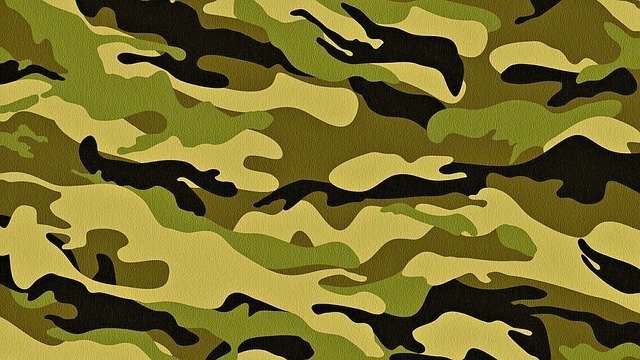The changing of leadership is always a volatile time. There will always be some who pursue one candidate over another and that has been the case since the beginning of history of elections.
In this case Saul has been killed in battle, and the men of Judah in the south of Israel have anointed David king. But the men loyal to Saul wanted one of Saul’s descendants as king. Should the ruler-ship follow a birth-line or should it follow one who is chosen? This has been a source of battle for many cultures even today. So David is anointed as king and chosen and Ish-Bosheth, is chosen by others as he is the bloodline of Saul.
It is inevitable that the two come together on the battlefield. At first they have 12 representatives of each side fight one another. Except that all 24 end up killing each other. Kind of pointless. So then they go after each other.
In the battle a key person, Asahel, the great runner from David’s followers is killed. Then the military commander Abner from the followers of Ish-Bosheth calls out:
“Must the sword devour forever? Don’t you realize this will only end in bitterness?” (2 Sam 2:26).
Wise words. So both sides retreat with loses on both sides. There were 19 of David’s soldiers killed and 360 of Abner’s men. Unfortunately the war continued and it was “long and drawn out” (2 Sam 3:1).
What are we to make of this? What are we to understand. It’s important to note that this isn’t a text that is meant to “teach” us per se, but is rather narrative of Israel’s history.
We know that David is anointed king and he has the favor of the Lord upon him. Although the people following Ish-bosheth would probably vehemently disagree. We know David is facing opposition and the other side feels the same.
But what we can see is that the Lord is establishing David even in the midst of severe opposition. It is a long and slow process and the conflict is tearing people apart, but God has not left Israel.
In the meantime, David is continually seeking the Lord’s wisdom and direction. He takes nothing for granted but bows before a greater King.

